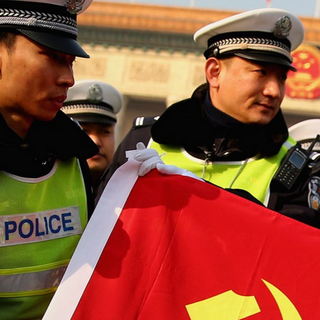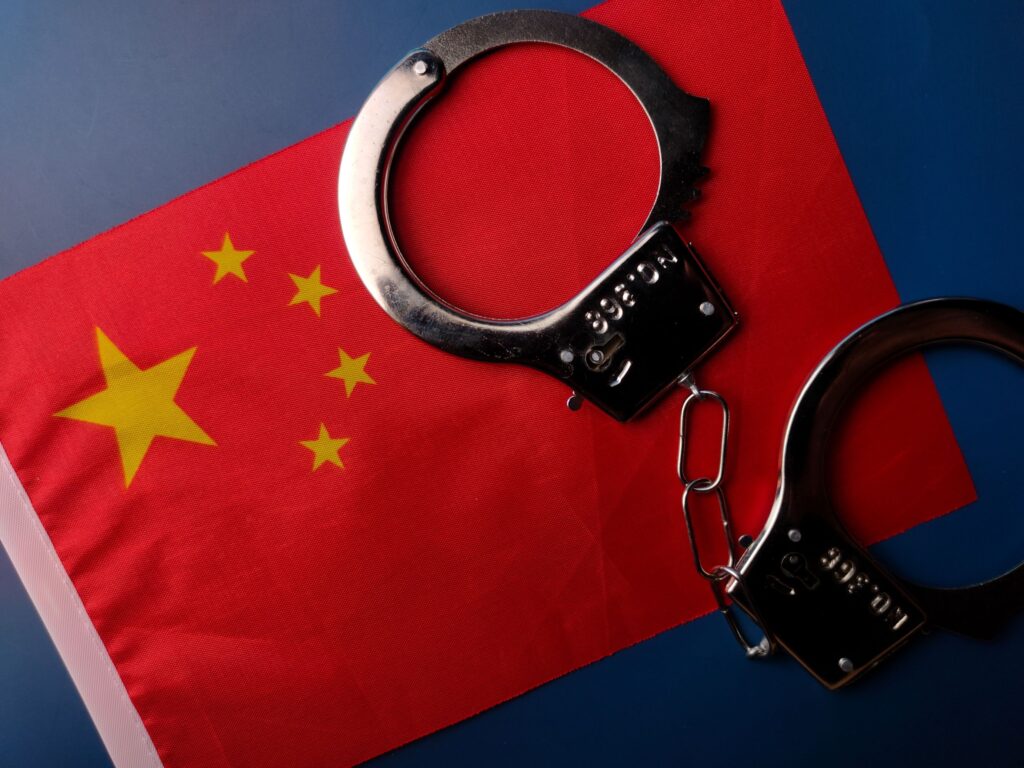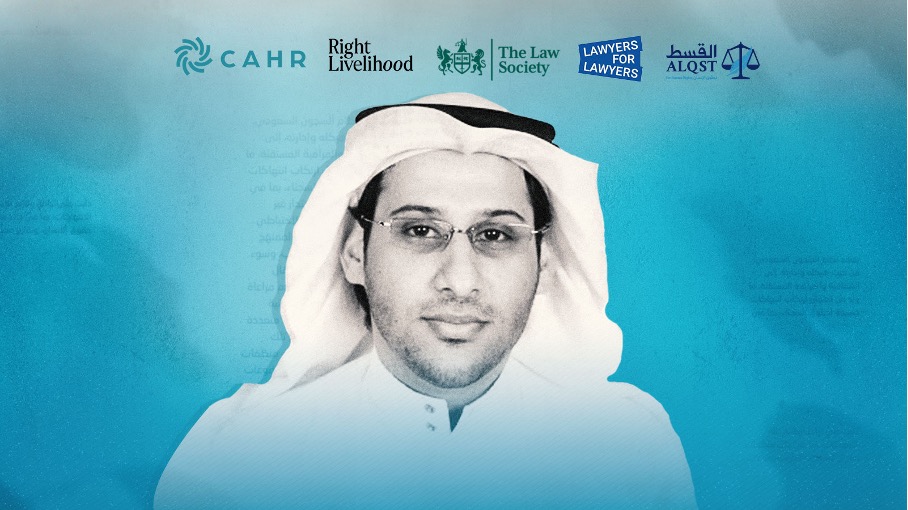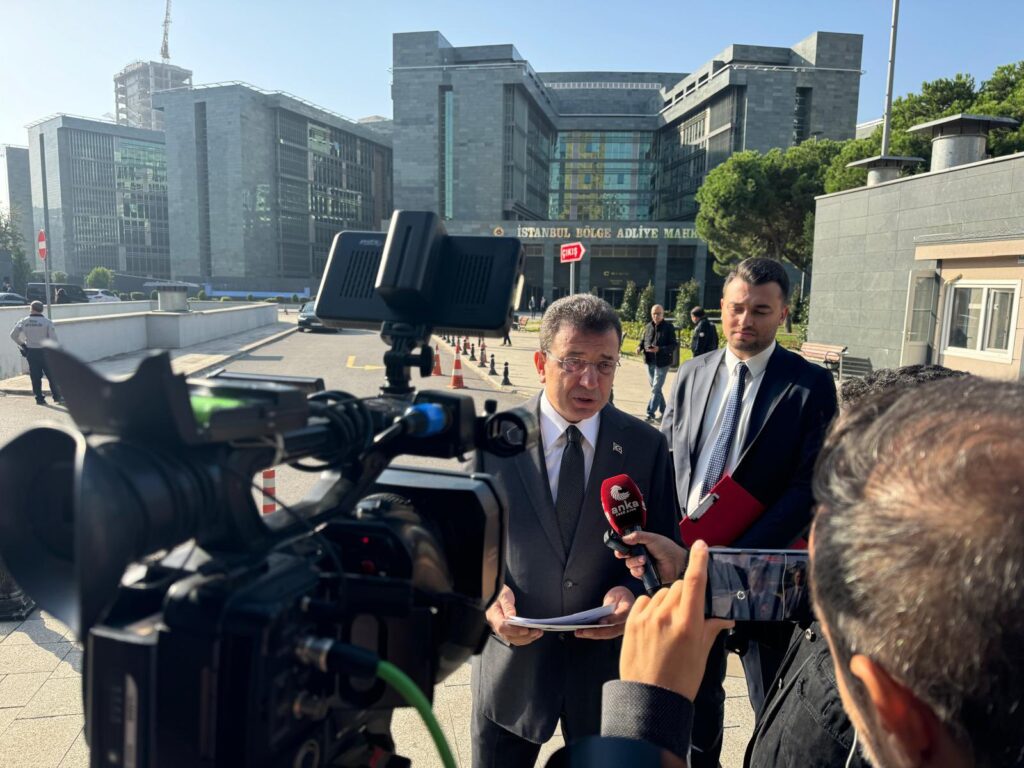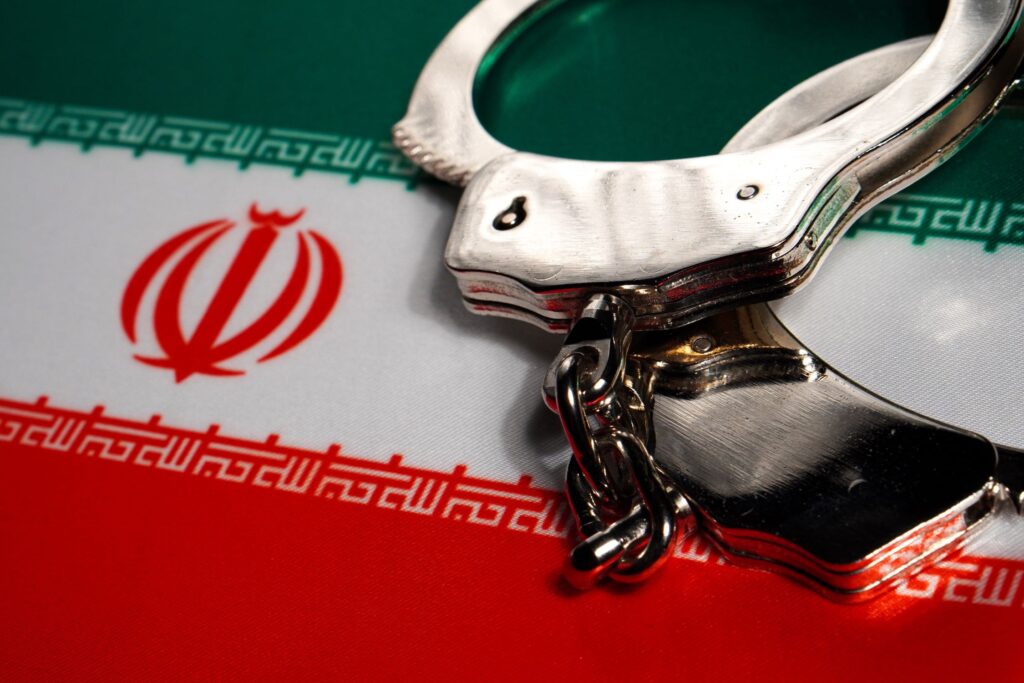July 9, 2017 was the two year anniversary of the “709-crackdown”. On 9 July 2015, dozens of lawyers were arrested and detained at secret locations. Some of them were released after a few hours; others disappeared for a number of months. The international community expressed alarm about this unprecedented and seemingly well-coordinated detention campaign aimed at human rights lawyers and defenders.
In the following months the Chinese authorities harassed many more lawyers and their family members, by putting them under 24-hour surveillance, and by interrogating and imprisoning them. More than 300 human rights lawyers, legal assistants, and human rights defenders were targeted during the nationwide sweep, now known as the ‘709 crackdown’, referring to the day the Chinese authorities conducted the first arrests.
It is now two years later and the situation of lawyers in China has not improved, but has in fact deteriorated even more. For those lawyers who were not targeted during the 709- crackdown, the Chinese government has developed new methods of silencing them, namely: the law.
To practise law, lawyers in China need to have a license. The procedure for obtaining such a license is by means of an annual test. On 1 November 2016, two directives, one for individual lawyers, one for law firms, were adopted. These two directives contain stricter rules for obtaining licenses to practise.
One of the directives stipulates that lawyers are prohibited from expressing opinions that may “endanger national security”. They must also refrain from expression opinions that could lead to people to “disturb the public order”. Furthermore, lawyers are prohibited from spreading opinions that could cause insult to others by “distorting the facts”.
The other directive stipulates that law firms can only be established after permission from local authorities or the authorities is obtained. In addition, this directive explicitly requires lawyers and law firms to “support the leadership of the Chinese Communist Party,” and to establish Party branches in law firms[1].
The articles in these directives are both vague and very wide-ranging in scope. Violations of the articles can result in the revocation of a lawyers practicing license. The licenses of the human rights lawyers Tang Jitian, Liu Wei and Pu Zhiqiang have all been revoked allegedly for violation of similar prohibitions. If the law firms where the lawyers concerned work do not report violations to the Chinese authorities, they are also at risk of losing their license. This will result in even greater pressure on lawyers to refrain from working on sensitive cases.
By using legislation as an instrument to silence lawyers, the Chinese authorities have found a method of suppressing lawyers on the one hand, and proving to the international community on the other hand that China has a “rule of law”. This is a dangerous development that is detrimental to the human rights situation in China.
By letter, L4L expressed concern about the continuing crackdown and the situation of human rights lawyers in China.
[1] Articles 24, 37 en 40 van de MoJ Directive no. 134, Administrative Measures for the Practice of Law by lawyers, entered into force 1 November 2016
